Drones to the Rescue
Forsyth County, North Carolina, has taken a significant step forward in emergency medical response by demonstrating the use of drones to deliver Automated External Defibrillators (AEDs). This innovation aims to cut down the time it takes to deliver essential medical aid in critical situations, particularly in the remote areas of the county where response times can lag significantly, reports EMS1.
Quick Deployment Could Save Lives
During a demonstration organized by the Forsyth County Sheriff’s Office, the capabilities of this new Drone Technology were put on display. The drone successfully delivered an AED to a simulated emergency scene, showcasing a potential future where drones could be integral in saving lives. Stephen Powell, the Forsyth County Emergency Services Medical Director, highlighted the critical nature of rapid response in cardiac arrest situations, especially in rural settings where “geographic limitations” can extend response times by emergency services to approximately 12 to 14 minutes. Powell emphasized that most cardiac arrests occur at home, making the fast delivery of AEDs potentially lifesaving.

How It Works
The process is straightforward and efficient. In the demonstration, the drone was flown from a launch site directly to the emergency location. Upon arrival, the AED was lowered to the ground, and 911 dispatchers provided immediate assistance over the phone, instructing a bystander on how to administer CPR and use the AED. This method not only ensures quick delivery but also supports bystanders in providing effective preliminary care until professional responders can take over.
Sheriff’s Vision for the Future
Sheriff Bobby Kimbrough Jr. expressed his vision for the future, where drones could be utilized for more than just AED delivery.
“We delivered the first in the nation and it is showing the capability of delivering the AED defibrillator via drone,” he said.
He further speculated on the potential for drones to deliver other critical medical supplies like Narcan and prescription medications in emergencies, describing a scenario where such drones could be stationed strategically throughout the county for rapid deployment.

A Pioneering Step Forward
This successful demonstration marks a pioneering moment for Forsyth County, as it was the first instance of a drone delivering an AED in a simulated cardiac arrest scenario. The project, a collaboration between the Forsyth County Sheriff’s Office, Emergency Services, Duke University Clinical Research Institute, Hovecon, AeroX, and the American Heart Association, not only illustrates the potential for drones to significantly reduce response times in emergencies but also opens the door for future advancements in how medical aid is delivered in critical situations.
With each minute being crucial in cases of cardiac arrest, drone technology could soon become a standard part of emergency response efforts, offering hope and saving lives in Forsyth County and potentially beyond.
You can read more stories about drones being used for good here.
Photos courtesy of Forsyth County North Carolina Government.
Discover more from DroneXL.co
Subscribe to get the latest posts to your email.
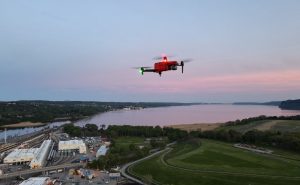
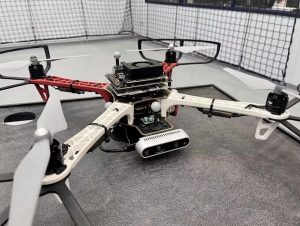

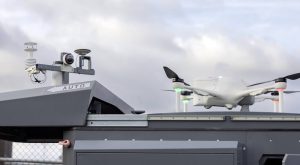



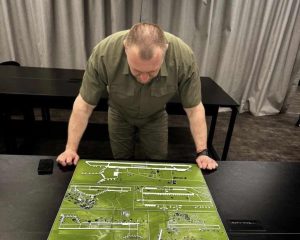
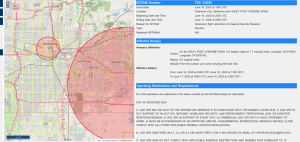
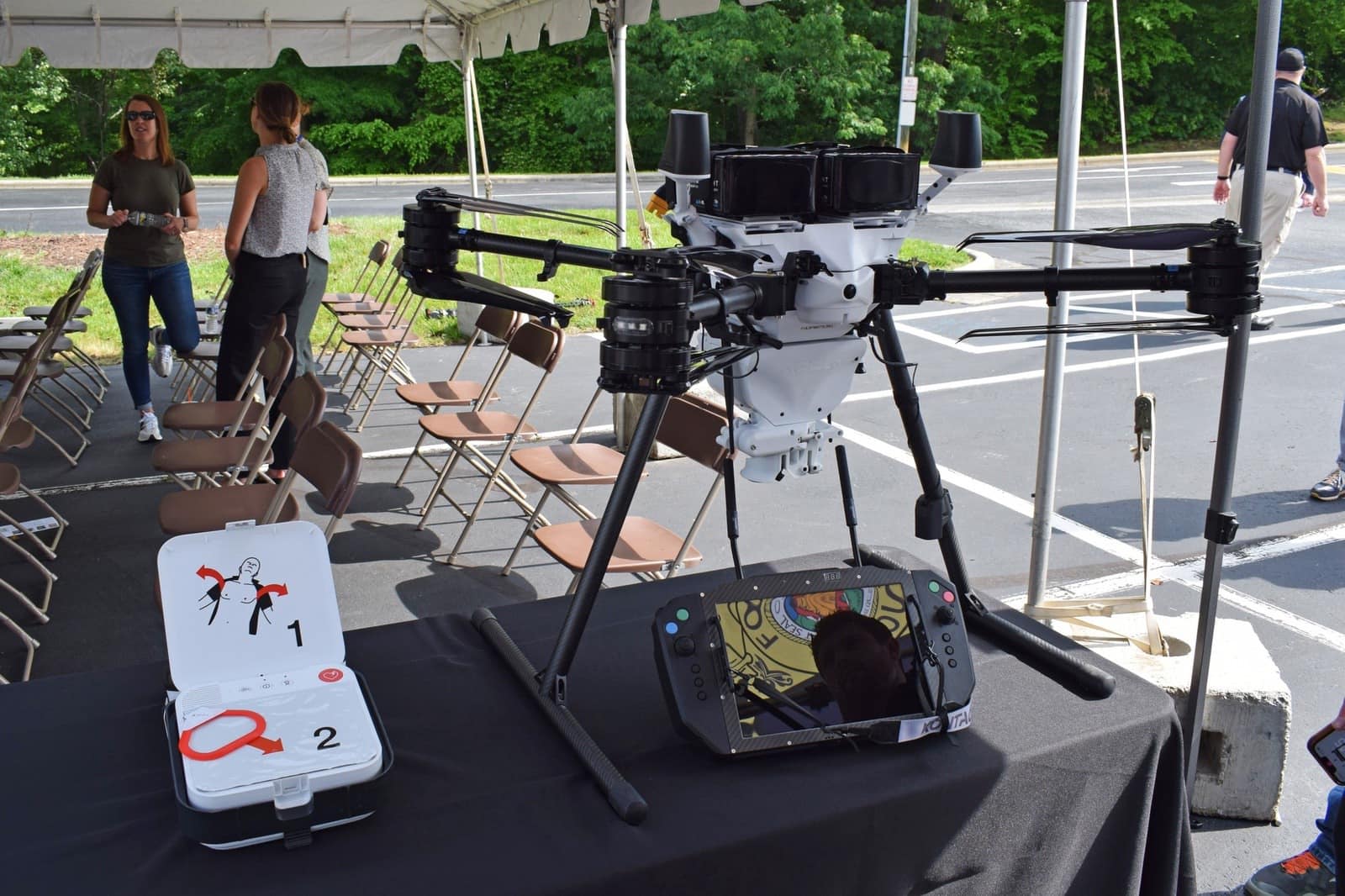



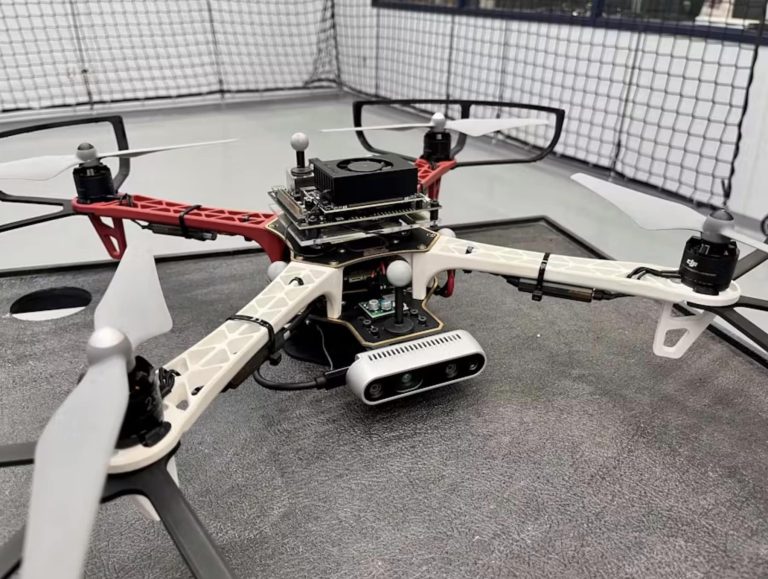

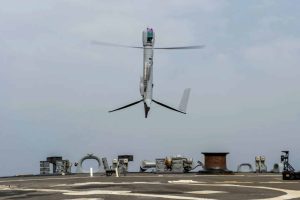
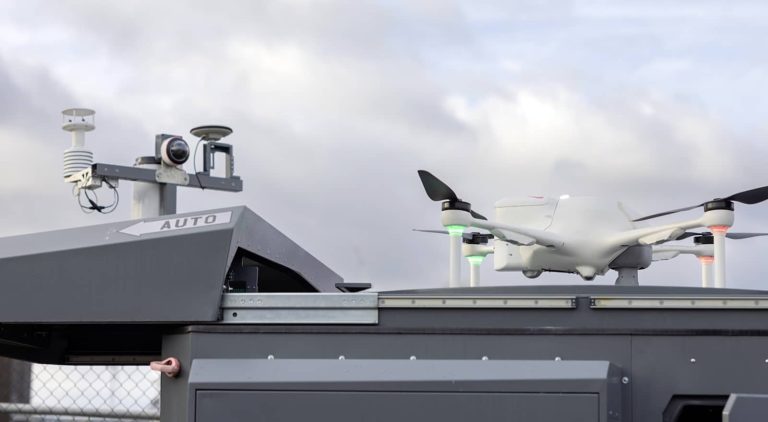

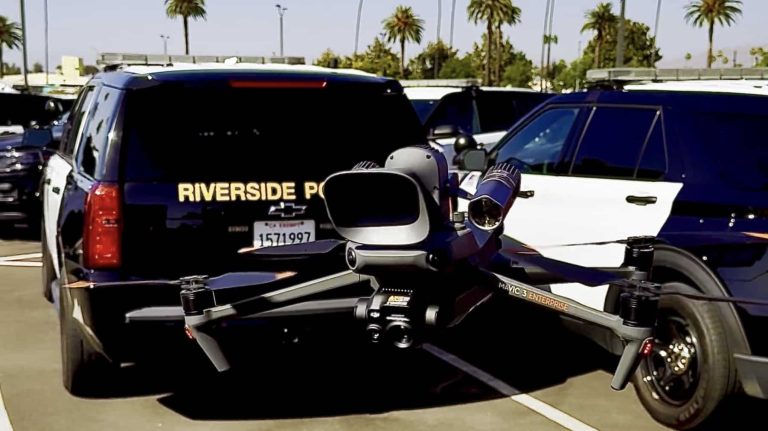
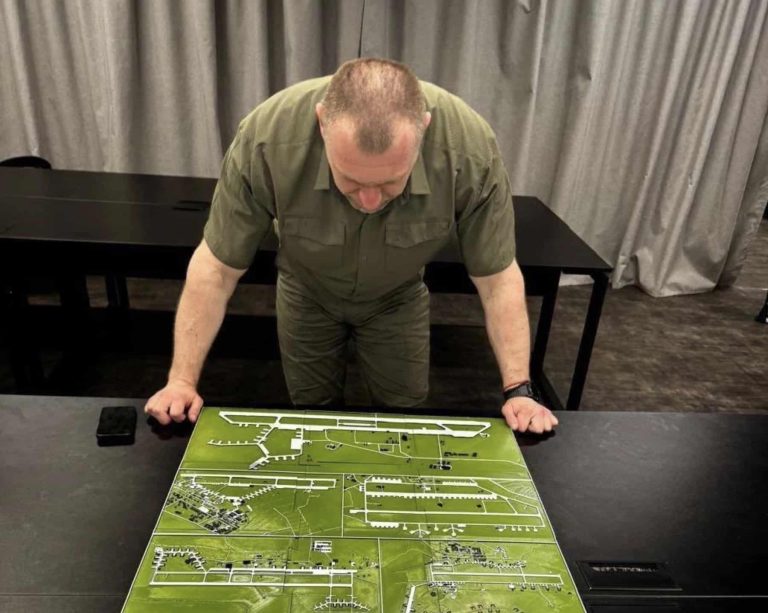
+ There are no comments
Add yours